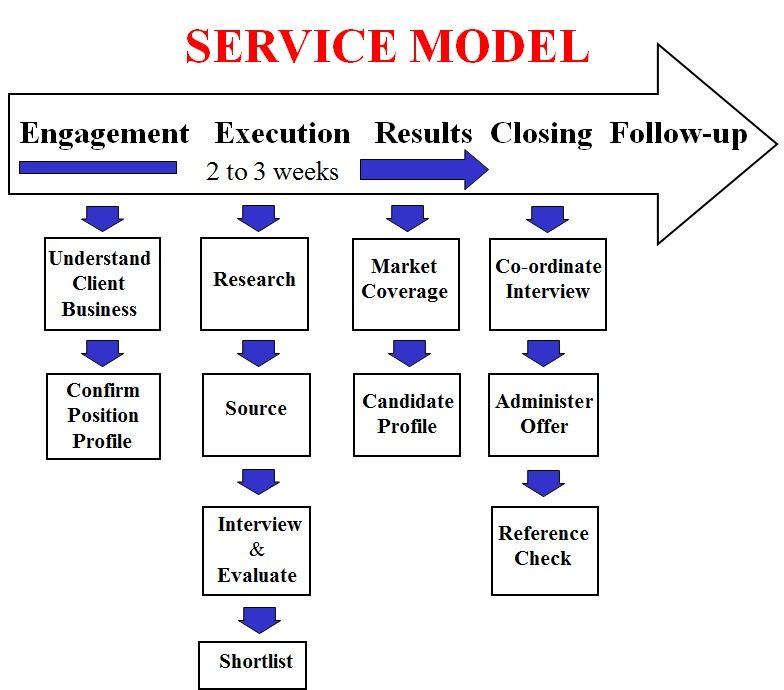The interviewer should be as knowledgeable as the candidate.
Irrespective of the subject matter or objective of the interview, the interviewer should be as knowledgeable as the candidate. Make sure everyone coming to the interview (on your end) is prepared and knowledgeable. It must be emphasized that the first impression counts a lot.

Everyone interviewing the candidate should be prepared.
All members on your interview panel should be of such a caliber that they could fit into the position they were interviewing for. Interviewers of a lesser caliber would not add value to the interview and might send the wrong signal to the candidate.
Do not have follow-up interviews in mind.
The first impression counts a lot. A HR Assistant who is not an expert in the work of your department should not represent your organisation to the candidate. Like what we had said before, treat your candidate as a customer. Would you send a junior staff to meet a customer? Would you send someone who is not familiar about your company to meet a customer? Likewise, do not send someone from another department to interview your candidate as that is not going to add any value at all. Why let a Finance manager interview a Programmer about his career goals?

Your best team member for the interview.
When the time is suitable, introduce the candidate to his peers. Your goal is to assess the candidate and to establish your credibility. Only the team member who can impress the candidate and can hold his own should be in the introduction meeting. The selected team member should be a motivated employee. Do not put him into the front line if he is not.
You are interviewing to recruit top talent, not to talk.
Many a times, an interviewer mis-manages the interview by talking about himself, his goals, etc, etc. Or, he spends the time interrogating the candidate about the past or the future. All these might be important topics, but not until the key issue is addressed: the work.

Step back and ask yourself this: If the candidate passes your personality and credential tests, would you offer him the job if you found out he could not do the work properly? The answer is obvious. Find out if the candidate can do the work first. The rest can be established later.
It is common that managers sometimes avoid detailed discussion of the work content because they themselves do not really know enough of it to discuss. A head-count is approved so someone has to be recruited, but no one is clear about why. Sounds familiar?

Before the interview, be prepared. Make sure you understand the purpose of the position and the work content in detail. Otherwise do not interview the candidate or that might reflect badly on you and your organization.
Irrespective of the subject matter or objective of the interview, the interviewer should be as knowledgeable as the candidate. Make sure everyone coming to the interview (on your end) is prepared and knowledgeable. It must be emphasized that the first impression counts a lot.

Everyone interviewing the candidate should be prepared.
All members on your interview panel should be of such a caliber that they could fit into the position they were interviewing for. Interviewers of a lesser caliber would not add value to the interview and might send the wrong signal to the candidate.
Do not have follow-up interviews in mind.
The first impression counts a lot. A HR Assistant who is not an expert in the work of your department should not represent your organisation to the candidate. Like what we had said before, treat your candidate as a customer. Would you send a junior staff to meet a customer? Would you send someone who is not familiar about your company to meet a customer? Likewise, do not send someone from another department to interview your candidate as that is not going to add any value at all. Why let a Finance manager interview a Programmer about his career goals?

Your best team member for the interview.
When the time is suitable, introduce the candidate to his peers. Your goal is to assess the candidate and to establish your credibility. Only the team member who can impress the candidate and can hold his own should be in the introduction meeting. The selected team member should be a motivated employee. Do not put him into the front line if he is not.
You are interviewing to recruit top talent, not to talk.
Many a times, an interviewer mis-manages the interview by talking about himself, his goals, etc, etc. Or, he spends the time interrogating the candidate about the past or the future. All these might be important topics, but not until the key issue is addressed: the work.

Step back and ask yourself this: If the candidate passes your personality and credential tests, would you offer him the job if you found out he could not do the work properly? The answer is obvious. Find out if the candidate can do the work first. The rest can be established later.
It is common that managers sometimes avoid detailed discussion of the work content because they themselves do not really know enough of it to discuss. A head-count is approved so someone has to be recruited, but no one is clear about why. Sounds familiar?

Before the interview, be prepared. Make sure you understand the purpose of the position and the work content in detail. Otherwise do not interview the candidate or that might reflect badly on you and your organization.
A job candidate is an invited guest to be treated like a customer.
Recruiting and interviewing are not an administrative process. This is a highly skillful social art: the art of influence a top talent to join you and your team. You have to do it responsibly. You must constantly focus on the state of the candidate. Is he warming up? How is he reacting? Is he opening up? Does he look enthusiastic? You are responsible for what the candidate thinks; as that depends on how well you have managed the interview.
Do you have any comments on this article? Share your thoughts and comments with us.
Cheers,
The Singapore Headhunter,






No comments:
Post a Comment